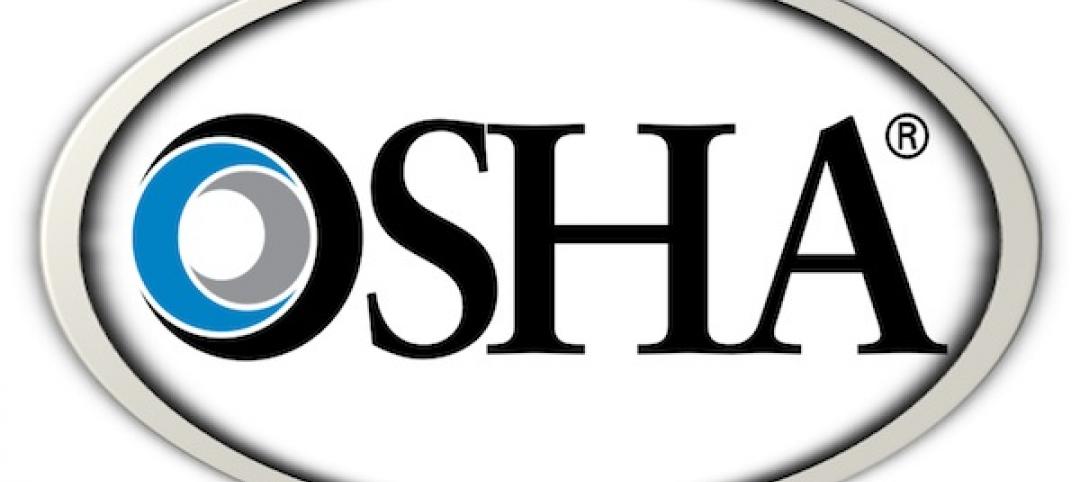A new Illinois law sets the maximum retainage clients can withhold from contractor payments on private projects.
The change went into effect on August 20, and is expected to help many general contractors and subcontractors receive bigger checks earlier in the project timeline.
The new rule forbids customers from withholding more than 10% retainage from contractor payments, and orders retainage to be reduced to 5% after a contractor has completed half of the work.
The new law applies to all construction contracts. Twenty states have enacted legislation that caps private contract retainage at 10% or less. One state, New Mexico, prohibits any retainage from being withheld from a construction contract.
The legislation can be considered a codification of what already is standard industry practice. But, it should provide some relief because general contractors and subcontractors will be able to pay bills sooner with the additional 5%.
Related Stories
| Oct 18, 2012
OSHA investigating parking garage collapse that kills four at Doral, Fla. college
OSHA is investigating the collapse of a five-story concrete parking garage under construction at Miami Dade College West Campus in Doral, Fla. that killed four workers and injured several others.
| Oct 18, 2012
EPA commercial building lead paint rule pushed back to 2015
The U.S. Environmental Protection Agency's inclusion of commercial buildings in a residential lead paint rule is being delayed until 2015.
| Oct 18, 2012
Chicago pushing green roofs to reduce heat island effect
The city of Chicago has mandated that all new buildings that require any public funds must be LEED certified, usually with a green roof.
| Oct 11, 2012
OSHA launches pilot program for alternative dispute resolution on whistleblower complaints
The Occupational Safety and Health Administration (OSHA) is launching an alternative dispute resolution (ADR) pilot program for complaints filed with OSHA's Whistleblower Protection Program.
| Oct 11, 2012
Bill promotes investment in commercial, multifamily retrofits
The Commercial Building Modernization Act recently introduced in the Senate would extend and streamline a current tax deduction to encourage commercial and multifamily residential building owners to perform comprehensive energy-efficient retrofits.
| Oct 11, 2012
Morristown, N.Y., settles code violation dispute with Amish
The town of Morristown, N.Y., has dropped charges of building code violations against local Amish communities to settle a First Amendment complaint.
| Oct 11, 2012
Mesquite, Nev., rebels against state-mandated energy code
The city council of Mesquite, Nev., voted against adopting a new energy efficiency code adopted by the state.
| Oct 11, 2012
Bloomingdale, N.J., restricts ground solar and wind energy installations
The borough of Bloomingdale, N.J., recently adopted regulations for solar-energy and wind energy systems.













